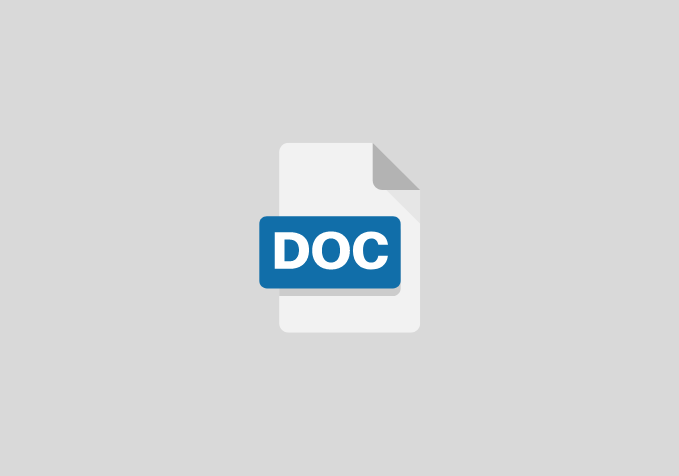A Proposal on Impact of Trade Union in Managing Employee Grievances in an Organisation (Case Study of Ministry of Works and Infrastructure Lagos State)
Objective of the study
The study will look at the following objectives;
- To determine the nature of employee grievances
- To determine the causes and effect of employee grievances
- To determine the nature and role of trade union in managing employee grievance
REVIEW OF RELATED LITERATURE
Conceptual framework
Definition of a trade union
Bendix (2010:656) defines a trade union as: “an organisation whose membership consists of employees, which seeks to organise and represent their interest both in the workplace and society, and in particular, seeks to regulate their employment relationship through the direct process of collective bargaining with management”. The trade union acts as an advocate for the workers in the collective bargaining process. Singh and Chawla (2014:44) cited in Kgaphola (2017:73) point that “unions as organisations are worthy of note, as they are characterised by fascinating paradoxical properties: involuntary and voluntary membership; oligarchy and democracy; and movement and bureaucracy at the same time”. Furthermore, trade unions are officially organised associations of employees who perceive involvement in decision-making as the rightful measure for accomplishing their objectives. Nel, et al., (2016:107) state that “trade unions represent the interest of their members through the collective bargaining process. They also stand in and advocate for members interest in grievances and disciplinary hearings”. Registered and well-recognised trade unions have the authority to challenge managerial prerogatives within the workplace.
RESEARCH DESIGN AND METHODOLOGY
The researcher used descriptive research survey design in building up this project work. The choice of this research design was considered appropriate because of its advantages of identifying attributes of a large population from a group of individuals. The design was suitable for the study as the study sought to impact of trade union in managing employee grievances in organization
METHOD OF DATA ANALYSIS
The researcher will employ oral and direct interview in administering this research questions. Responses from the respondents were needed unlike questionnaires, which is less rewarding due to late receipt and loss of responses from respondents. The method of data analysis that will be used by the researcher is the simple percentage. More so, percentage and degrees of the responses will also be used in the analysis. Here, the ratio of those whose responses were not in the affirmative will be found and conclusions will be drawn there upon. Representations of the level of responses will be made in tabular form. The Statistical Package for Social Sciences (SPSS) software will be used to test the hypotheses.
References
- Addison, J. and Teixeira, P. (2009). Are good industrial relations for the economy? German Economic Review, 10(3), 253-269.
- Antcliff, V. (2009). Accompaniment, workplace representation and disciplinary outcomes in British workplaces – just a formality? British Journal of Industrial Relations.
- Appelbaum, E., Bailey, T., Berg, P. and Kelleberg, A. L. (2000). Manufacturing advantage: why high performance work systems pay off. Ithaca, New York: Economic Policy Institute, Cornell University Press.
- Arie, M.H. (2015). The role of an effective grievance procedure in creating tolerable employment: in the South African Police Services. A published thesis for Master of Law, University of Cape Town, South Africa.
- Asewe, P. A. (2016). Perceived effectiveness of employee grievance handling practices in the banking sector in Kenya. A published thesis for Masters of Business Administration (MBA), University of Nairobi.
- Avdagic, S. (2003). Accounting for Variations in Trade Union Effectiveness: State–Labour Relations in East Central Europe. Max-Planck-Institut für Gesellschaftsforschung Discussion Paper 3. Germany: Max-Planck-Institut für Gesellschaftsforschung.
- Babbit, L. and Brown, D. (2018). Information, Organisational Norms and Salience in the Use of Workplace Grievance Procedures: A Bangladesh Field Experiment. SSRN Electronic Journal.10 (2139).
- Balaneasa, C. and Maneloscu, A. (2009). The role of trade unions in regulating labour relations. The Annals of The “Ştefan cel Mare” University Suceava. Fascicle of the Faculty of Economics and Public Administration, 9 (1) 341-347.
- Bălăneasa, M.C. (2013). Multinational companies and their attitude towards union activity. USV Annals of Economics and Public Administration, 13(1) (17):258-263.


